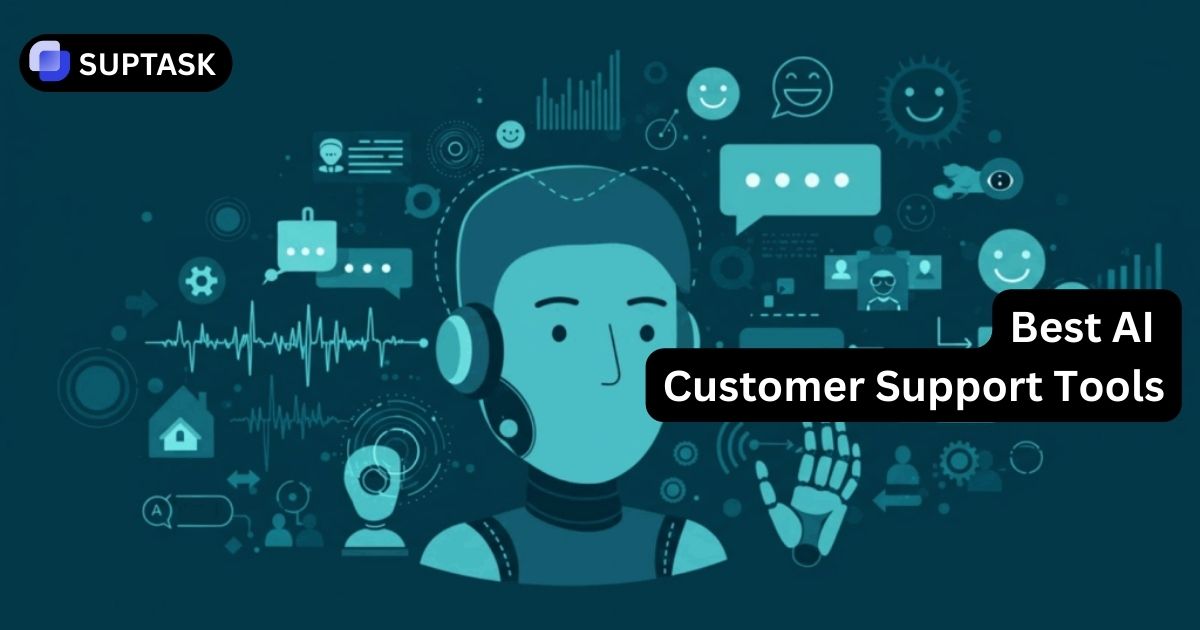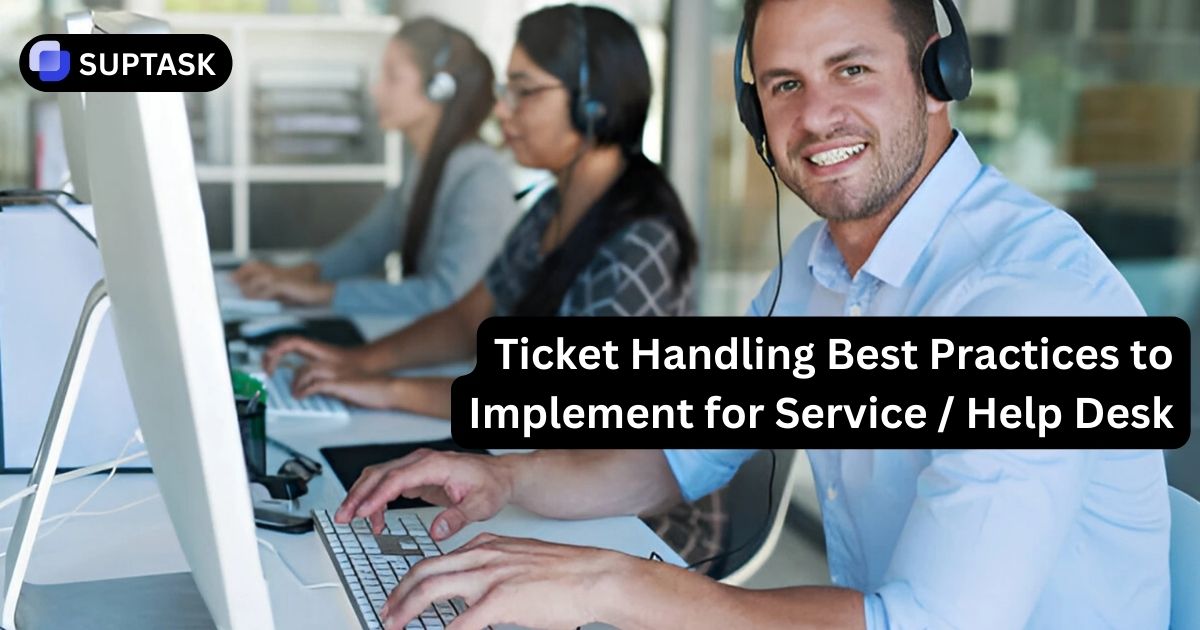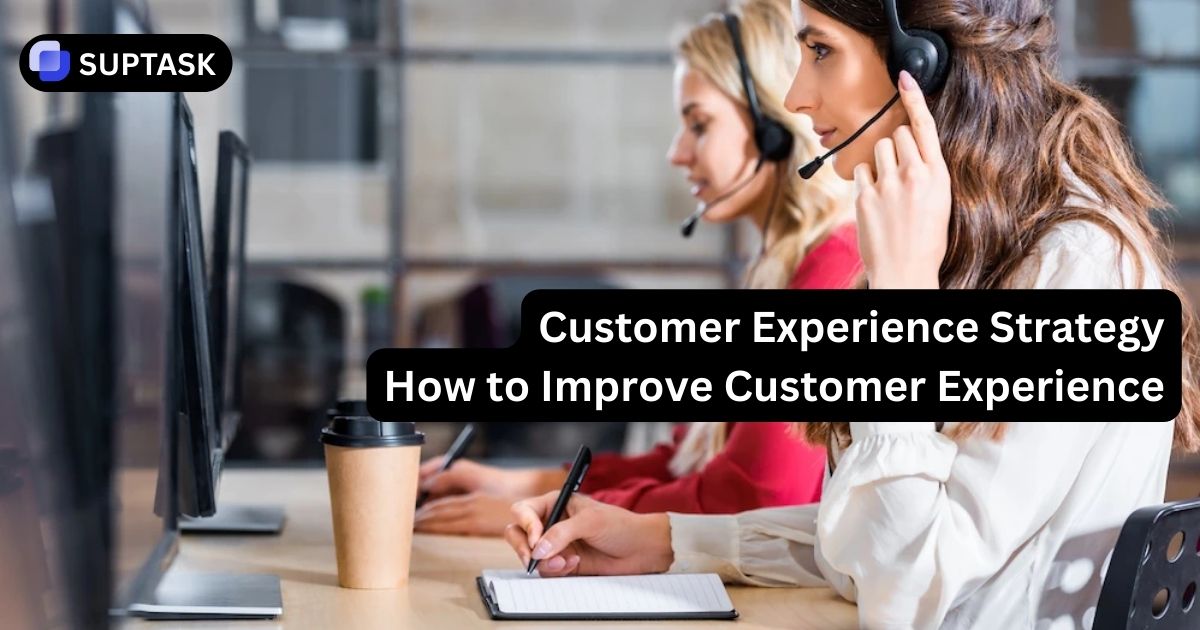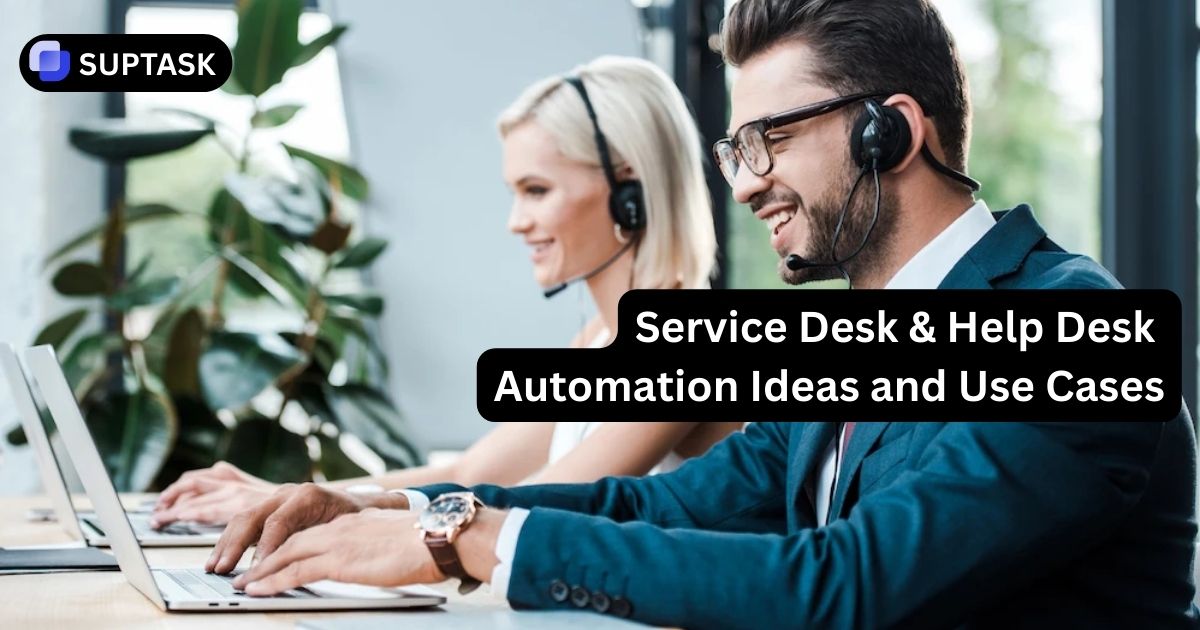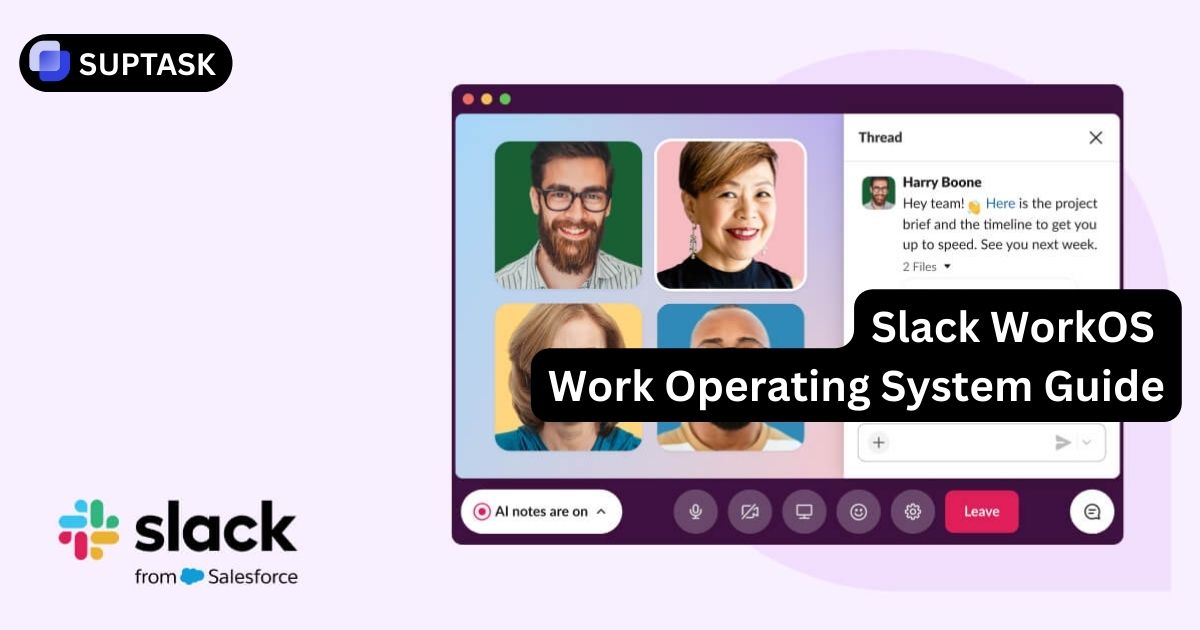Proficiency in conflict resolution techniques is crucial for resolving disputes, promoting understanding among parties, and producing favorable results.
This piece will walk you through the essential abilities you must develop to use conflicts as chances for learning and cooperation.
Key Takeaways
- Mastering conflict resolution skills like active listening and clear communication is crucial for workplace harmony.
- Effective conflict resolution resolves disputes and fosters growth, learning, and more substantial work relationships.
Essential Conflict Resolution Skills for Success

We frequently think of mediation and negotiation when discussing dispute resolution, but these are only the beginnings.
Combined, these skills foster fruitful communication, mutual understanding, and, eventually, the resolution of conflicts. Organizations can further enhance collaboration and conflict resolution using tools like people management software to streamline team dynamics.
For even better communication within your work environment consider a ticketing system for Slack, Suptask. In the workplace, using an internal IT ticketing system can streamline conflict resolution and support efforts, ensuring issues are tracked and managed efficiently.
Skillful conflict resolution can transform potentially harmful events, such as work arguments, into worthwhile opportunities for growth, improvement of education, and even strengthening of professional bonds.
Therefore, anyone hoping to succeed must develop effective conflict resolution strategies, including successful resolution techniques.
1. Active Listening
Have you ever felt that you weren't heard during a conversation? It's annoying, isn't it? Here's where listening intently comes into play.
It's a talent that entails paying close attention to the speaker's message while demonstrating consideration and deference.
In the context of conflict resolution, active listening is crucial for:
- Enhancing conflict resolution skills
- Recognizing underlying issues that might not be obvious at first
- Ensuring that each person feels understood and heard
- Avoiding misinterpretations
- Promoting candid dialogue
2. Empathy
Empathy is a vital component of effective conflict resolution, as it allows us to:
- View the nature of conflicts through the eyes of others to dispel misconceptions that can lead to conflict.
- Use empathy in talks instead of heated arguments, and strive for constructive exchanges where all options are considered and reasonable solutions are agreed upon rather than just winning arguments.
- Encourage communication techniques that protect relationships by accepting and resolving differences, even when some disputes may not find a quick fix.
3. Patience
People often praise patience as a virtue, and when it comes to resolving conflicts, its importance is evident. When one practices patience, it
- Aids people in keeping their cool in conflict, which encourages empathy and active listening
- Creates an atmosphere that encourages creativity and critical thinking
- Helps create dependable connections and promotes cooperative conduct
4. Clear Communication
The foundation of any relationship is assertive and clear communication, which is crucial for settling disputes and understanding what is conflict resolution in the workplace. A well-organized email ticketing system can be essential in managing communication efficiently, ensuring all queries are documented and tracked. Having successful conversations can promote the following:
- Comprehension
- Amicable settlements
- Reinforced bonds between individuals
- Compassionate understanding
- Relational interconnections
- Enduring resolutions
5. Mediation
By using a third party to act as a neutral mediator and encourage settlement talks, mediation is a valuable tool for resolving disputes.
This method guarantees objectivity and equity, giving everyone involved an equal chance to participate. Much like choosing the best halp alternative for your company, mediation allows conflict members to find a beneficial alternative for both parties.
It encourages a cooperative, solution-focused mindset that helps lessen workplace disruptions and fosters a more positive organizational environment. Choosing the best internal ticketing system helps create a transparent and organized method for addressing workplace issues, ensuring quick resolutions.
6. Negotiation Skills
An essential component of dispute resolution is negotiation. To effectively bargain, one needs to:
- Engage in active listening
- Employ questioning techniques
- Communicate ideas with clarity
- Grasp differing viewpoints
These skills enhance communication and help achieve company objectives by strengthening contracts, building partnerships, and mediating conflicts between customers and suppliers.
7. Problem-Solving
One of the core components of conflict resolution is addressing disagreements, which calls for identifying and analyzing the issues at hand and seeking suitable solutions.
Parties must make decisions throughout the dispute settlement process, considering factors including trust, prioritizing concerns, and applying the five conflict resolution tactics to successfully solve problems.
8. Impartiality
Maintaining impartiality during conflict resolution is essential because it:
- Avoids the interference of biases and preconceptions in evaluating the context
- Facilitates an unbiased evaluation process
- Cultivates confidence among those involved in the conflict
- Enhances the probability of achieving a favorable result
- Results in agreeable and enduring solutions for everyone concerned.
9. Emotional Intelligence
Emotional intelligence has a significant influence on conflict resolution. This is the capacity to manage first-hand conflicts and prevent unfavorable results between people.
Self-awareness and self-management are essential for emotional intelligence to navigate through personal provocations and reactions during conflict.
To effectively employ emotional intelligence, one must:
- Deliberately seek comprehension of the origins and ramifications of conflicts
- Control detrimental thoughts and emotions
- Embrace a perspective characterized by abundance
- Strive for mutually beneficial resolutions
- Encourage innovative approaches when addressing conflict situations
10. Assertiveness
Assertiveness is essential when resolving problems. It promotes open communication and helps people freely express their feelings, ideas, and possible solutions.
By communicating assertively, people can express their needs, wants, and opinions without holding grudges, which improves understanding and helps people meet one another's requirements.
11. Adaptability
Flexibility is a critical ingredient in the process of resolving conflicts. This includes:
- Remaining open to change
- Attentively listening to grasp varied perspectives
- Innovatively approaching problem-solving
- Demonstrating understanding and compassion
- Keeping composure under stress
- Evaluating the specifics surrounding an incident
- Drawing lessons from previous disagreements
- Modifying methods as needed
12. Perspective-Taking
In conflict resolution, the capacity to see things from another person's point of view is crucial. By viewing situations from their perspective, this skill enables one to understand and anticipate the behaviors or ideas of others.
Increased ability to see things from multiple perspectives frequently correlates with decreased confrontational dispute-handling methods.
13. Respect
Respect and dignity are fundamental components of conflict resolution. When people have different viewpoints, it is essential to treat them to avoid making the argument worse through insulting remarks or attempts to undermine someone's self-worth.
14. Stress Management
Resolving disputes requires effective stress management, especially within a finance ticketing system. Effectively handling disagreements in such a system depends on one's capacity to perform the following tasks:
- Deal with stress swiftly.
- Stay calm and alert.
- Regulate personal feelings and actions.
- Express needs without turning to coercive or punitive measures.
15. Calm Demeanor
Maintaining composure during arguments facilitates reasoned discourse and makes resolution easier.
A calm demeanor prevents disagreement from worsening and creates an atmosphere that respects others, opening the door to genuine connection and understanding.
16. Confidence
Self-assurance is crucial when it comes to conflict resolution. People who lack confidence may doubt their capacity to resolve conflicts and frequently have a pessimistic view of the outcome, making them reluctant to confront conflict.
Before moving on to more significant concerns, one can practice handling little issues first to increase confidence in managing such situations.
17. Non-verbal Communication
Nonverbal cues can more remarkably transmit messages than spoken words regarding confrontations.
Understanding these clues, which include body language, voice intonation, and facial expressions, improves interpersonal relationships and makes conflict resolution easier.
Observing closely at this type of communication uncovers repressed emotions and worries that may be fueling the problem.
18. Boundary Setting
Setting limits is essential to dispute resolution because it defines the boundaries that protect one's privacy, well-being, and identity when interacting with others.
A self-care tactic that involves recognizing emotional pain and taking action to defend oneself in conflict situations is setting healthy boundaries.
By defining clear guidelines for behavior and engagement during the dispute resolution process, these boundaries promote polite communication.
19. De-escalation Techniques
To prevent disputes from worsening and promote a positive work environment, de-escalation techniques must be used as part of conflict resolution.
Essential methods for settling disputes include:
- Promptly addressing disagreements before they worsen.
- Clarifying the objective behind efforts to de-escalate tensions.
- Keeping composed by adopting coping mechanisms that aid emotional regulation
- Practicing active listening and taking turns speaking during dialogues helps acknowledge diverse viewpoints and guides parties toward an agreement.
- Communicating one’s views using ‘I’ statements to diminish Disputes.
20. Collaborative Attitude
It is essential to cultivate a collaborative mindset when handling conflict to transform potentially harmful disagreements into constructive discussions that encourage creativity and critical thinking among team members.
Superior ideas and solutions may arise when a team collaborates through disagreements to take advantage of the different perspectives that members bring to the table.
A focused effort toward cooperative dispute resolution protects against the deterioration of stakeholder trust, which is necessary for the long-term success of projects.
21. Conflict Analysis
Conflict analysis is a crucial component of dispute management. It helps anticipate potential outcomes and develop effective peacebuilding tactics.
A thorough understanding of the conditions and factors causing a conflict can increase the effectiveness of intervention efforts while reducing unintended consequences.
22. Creativity
The usefulness of creativity in conflict resolution resides in its capacity to reveal the more fundamental problems hiding beneath the surface of disagreements, deepening our comprehension of the demands and principles of each side.
Creative thinking helps individuals devise feasible conflict resolution alternatives, avoid hasty decisions, and promote agreements that benefit all parties.
23. Facilitation Skills
The capacity to facilitate is essential for creating an environment that supports smooth cooperation. It also plays a crucial role in decision-making, conflict resolution, and increasing the effectiveness of group activities.
A facilitator's responsibilities include guiding group dynamics by enforcing structure, encouraging participation from all participants, and ensuring that conversations flow naturally.
24. Resilience
Resilience plays a pivotal role in resolving conflicts, as it equips individuals with the strength to bounce back from disagreements and emerge more robust, thus enabling them to handle conflict constructively and extract valuable lessons from such incidents. Essential components of resilience include:
- Crafting practical strategies
- Maintaining a confident self-perception along with trust in one’s competencies
- Proficient communication and capacity for solving problems
- Aptitude for regulating intense emotions and urges
25. Tact
Handling conflict resolution with tact entails:
- Carefully tackling delicate matters while being mindful of others’ emotions and viewpoints
- Maintaining a positive dialogue despite differing opinions
- Choosing words that are courteous and avoid provocation
- Giving full attention to the other party’s perspective
- Identifying mutual interests to achieve mutually beneficial outcomes
Employing tact helps avoid additional emotional injury and bitterness during conflicts, steering participants toward problem-solving.
26. Forgiveness
In the context of conflict resolution, forgiveness empowers individuals to:
- Move beyond old resentments
- Concentrate on prospective opportunities
- Cultivate more vigorous, more unified connections
- Dispel adverse emotions
- Heal from emotional distress
- Engage in meaningful dialogue
- Collaborate successfully
- Reestablish confidence
27. Cultural Awareness
Resolving conflicts requires understanding, respecting, and recognizing the dynamic values, beliefs, and practices of many cultures.
This cultural sensitivity can prevent misunderstandings and improve teamwork efficiency.
Understanding cultural quirks is essential for businesses to appropriately interact with clients abroad and create an inclusive and diverse work environment, particularly in global company operations.
28. Consensus Building
Reaching an agreement can open the door to solutions that benefit all sides in conflict resolution.
Active listening, which is paying close attention to other people's viewpoints, is essential to achieving this consensus.
Asking each person to explain how they see the issue helps everyone grasp the core of the conflict.
29. Follow-Up
It is imperative to regularly assess the efficacy, implications, and conformity of dispute resolution agreements with the objectives and anticipations of the parties concerned to ensure their proper execution.
This routine monitoring guarantees that assistance and direction are accessible when required.
It's crucial to provide the parties involved with constructive criticism once a dispute has been resolved.
30. Open-mindedness
An important dispute-resolution technique is being open-minded, which emphasizes considering other points of view and ideas before reaching quick conclusions.
This skill requires listening carefully to others, particularly when their thoughts or emotions diverge from one's own.
Open-minded individuals facilitate more inclusive and in-depth conversations, which usually leads to discovering original concepts or solutions.
FAQ
What is the role of active listening in conflict resolution?
Active listening resolves conflicts by revealing core issues and fostering understanding through open communication.
How does empathy contribute to conflict resolution?
Empathy enhances conflict resolution by promoting understanding and cooperation through shared interests.
Why is cultural awareness critical in conflict resolution?
Diversity in beliefs and traditions is crucial for effective conflict resolution and teamwork.
How does assertiveness aid in conflict resolution?
Assertiveness aids conflict resolution by fostering open dialogue and preventing bitterness through free expression.
What is the importance of follow-up in conflict resolution?
Continuous monitoring in conflict resolution ensures agreements are implemented, offering support and improving outcomes.



